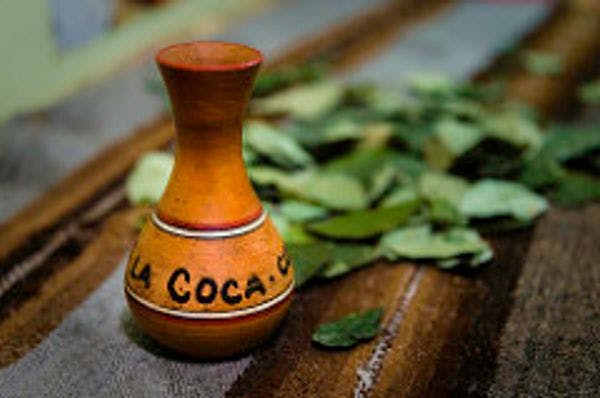Flickr CC Anthony Tong Lee
The future of coca industrialization in Colombia—A pathway to development and peace
For millennia, coca has been a cultural touchstone, a manifestation of sovereignty, a core nutritional staple, and an essential medicine in the indigenous Andes. As a part of the decades long U.S.-backed counter-narcotics campaign in Colombia, though, forced eradication of the coca plant—a tactic criticized for attendant violence and gross human rights violations—has disproportionately harmed rural and urban poor communities while failing to bring peace.
How can Colombia honor coca’s history while identifying a peaceful, inclusive pathway forward? How can coca-growing communities be included in their own development plans? Is there a legal framework for developing enterprises in Colombia based on coca?
We’ll tackle these questions at the launch of Coca Industrialization: A Path to Innovation, Development, and Peace in Colombia, the eighth in a series of publications by the Open Society Foundations documenting positive examples of drug policy reform around the world.
Report author Dora Lucila Troyano Sanchez, with the National Narcotics Fund (FNE), was granted the very first permit to legally purchase, transport, and stock raw coca leaves for their transformation into licit goods such as fertilizers and nutritional ingredients to be used in scientific research. The report explores the promise that the coca leaf holds as an agricultural product for lawful uses as well as the challenges and opportunities that have influenced industrialization. It then sets out the parameters for a system that could significantly expand coca industrialization—in a manner designed to make the most of its many potential social, political, and economic benefits.
A reception will follow the panel discussion.
